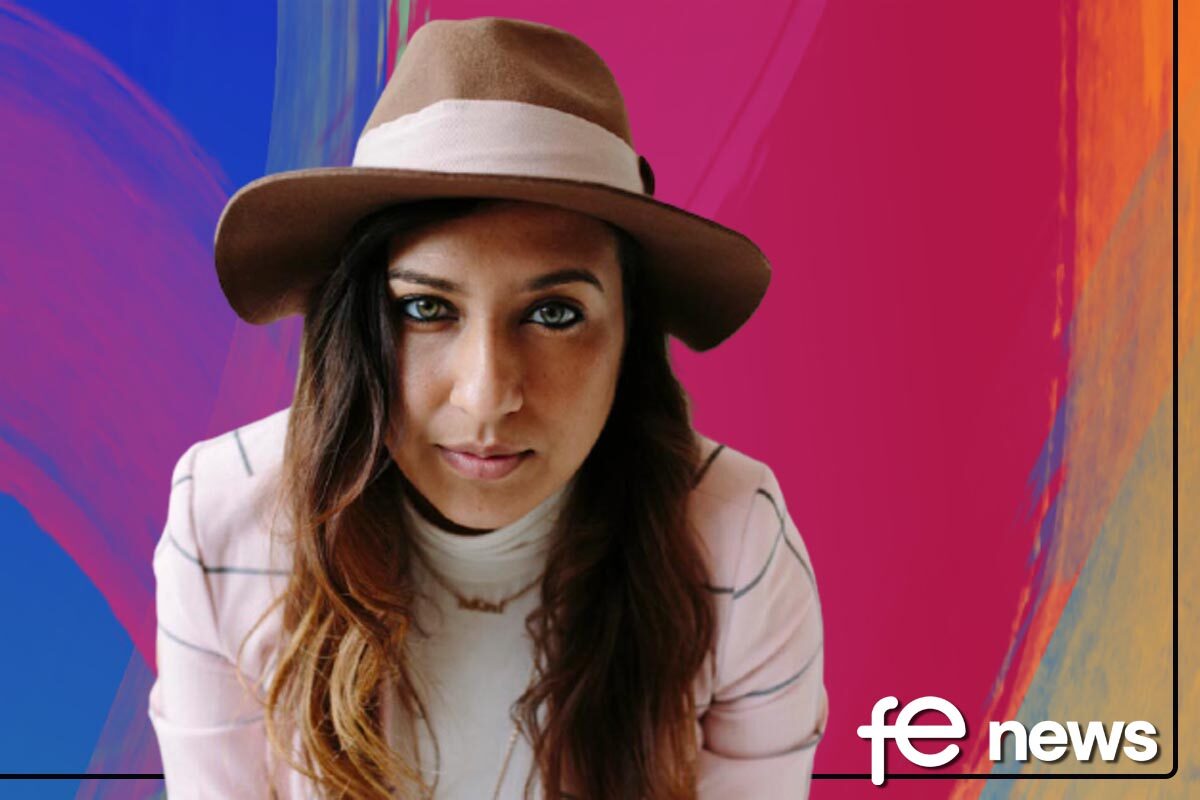Increased collaboration needed between educators, policy makers and regulators to help keep young people safe online

This #SaferInternetDay award-winning social entrepreneur, Anisa Morridadi – founder and CEO of youth engagement and insight organisation, Beatfreeks – has called for increased collaboration between educators, policy makers and regulators to help keep young people safe online:
With more social media access than any generation before and an ever-evolving internet landscape, our young people are living in an increasingly online world – and one that remains largely unregulated.
There has been much recent debate about the scope of the Government’s new Online Safety Bill – a piece of legislation that we strongly believe is needed.
We agree that there is an urgent need to revisit the scope of what is covered in the bill before it is enshrined in law to ensure there’s no gaps in protection for children and young people, particularly those who are vulnerable.
But without more concrete and encompassing definitions, illegal and harmful content will still exist unchallenged.
And while the media literacy imperative from the Government is, at least on the surface, laudable, we believe more needs to be done to show how the tech giants and social media channels will play their part alongside Ofcom.
Digital consumption has accelerated over the last 18 months, with our National Youth Trends’ Institutions of the Future report showing that 99 per cent of young people actively use social media. Now more than ever, it’s crucial that young people are equipped with the knowledge and critical thinking skills to navigate their online communities.
This can only be done via an increase in collaboration between the Government, NGOs, industry and activist groups that are working to navigate the impacts that harmful internet content can have, and who are able to feed in more lived experience from those young people who are impacted by such online threats. Without collaboration, the insidious issue of online safety will continue to evolve as our understanding and uses of technology changes – particularly with advancements in Extended Reality.
The Online Safety Bill states that awareness should be raised not just about the nature and accuracy of the material – which is vital to curb misinformation and disinformation – but it also sets out a mandate to educate people on the impact of behaviours. This could be a huge opportunity to change the way we educate people about the challenges and opportunities of the internet.
At Beatfreeks, we’ve been delivering an online safety programme, Be Internet Citizens, for the past two years in conjunction with Google.org and YouTube, and we’re currently planning for the third year of workshops and events.
In that time, we’ve successfully delivered the programme to hundreds of teachers who have pledged to reach tens of thousands of young people across the country. We have provided teachers with the training and support needed to empower their young people to be safe users of the web and to have positive voices online, and we’ve gathered vast amounts of first-hand data, looking at the concerns of young people, their teachers, and how their online experience has changed over the past two years.
Our programme directly tackles many online issues through educating young people, teachers and youth workers about echo chambers, emotional manipulation and an ‘us vs them’ culture. We would like to see educational provision go deeper to ensure we’re also reaching parents, carers and siblings, giving them the tools to spot problems and have informed conversations around what young people are being exposed to on a daily basis.
We will be interested to see how Ofcom’s planned media literacy programme will be delivered to wider members of the public – but would urge them to turn their efforts immediately to young people who spend a significant amount of time online and who are most at risk of manipulation, extortion and abuse.
In one of our recent focus groups, one teacher reported that the impact of the Be Internet Citizens programme on their school was immense; when they asked their students if they would think more critically about what they post online, 99 percent – 799 out of 800 students – said that they would.
It’s vital that we take note, increase education and make changes to ensure our young people are able to exist confidently and safely in the online world in which they regularly inhabit.
Anisa Morridadi – founder and CEO of youth engagement and insight organisation, Beatfreeks
Beatfreeks, powered by Google.org and Youtube, is currently offering free digital citizenship training webinar sessions for teachers and all educators who work with young people aged between 11-16 years.











Responses